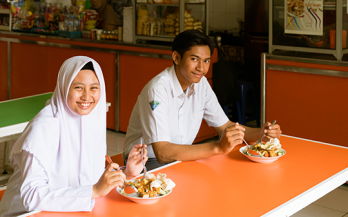

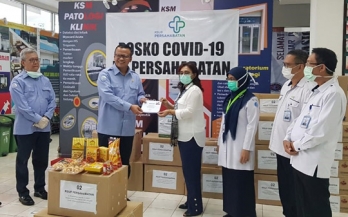
Fighting COVID-19 in Indonesia through new nutritious food products
Seizing an opportunity to provide the nutritious foods needed to help keep people healthy during a pandemic came naturally to Rani, who is used to seeing potential where others might miss it. Living in Sukabumi, Rani and her mother, Imelda, established in 2012 a small business processing fish and vegetables into healthy snacks.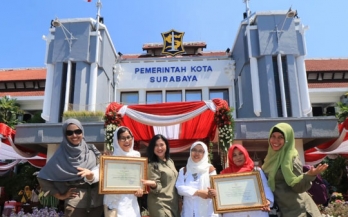
GAIN recognised as "nutrition hero" by Surabaya City Mayor
On Sunday 10 November, staff members from GAIN Indonesia received awards from the Surabaya City Mayor for their significant contributions in improving child and maternal nutrition in the city. Despite being the second-largest city in Indonesia with a rapid economic growth of 6% in 2018, Surabaya is not free from malnutrition. As much as 27% of children under five are stunted.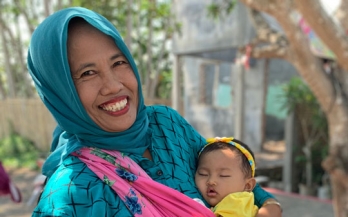
Indonesia: improving child nutrition through behaviour change communication
A critical element to improve children’s health and reduce child malnutrition is changing behaviours and practices around maternal and infant nutrition. In Indonesia, mothers are generally aware that exclusive breastfeeding for six months is best for their child, and that they should continue to breastfeed for a further eighteen months with complementary foods.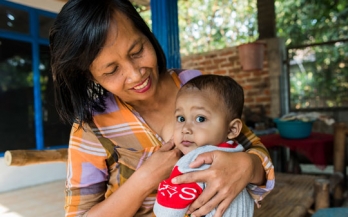
GAIN Working Paper Series 1 - The Baduta project in Indonesia
- 18/07/2019
This paper describes an innovative behaviour change communication project, implemented as part of the Baduta project, including rationale and early impacts. Baduta was a multi-component project developed by the Global Alliance for Improved Nutrition (GAIN), together with partners, to improve maternal and infant nutrition.
Adolescent agency is a powerful force
Today is the United Nations International Youth Day, a day that recognises and celebrates the role that young people play in enhancing our global society. Young people have never been more vocal about their expectations of their leaders and the future they want to secure for themselves and the next generation.
Improving the nutritional status of tea farming families in Indonesia
- 01/01/2016
This report aims to give insight into the opportunities for tea supply chain actors to improve nutrition security. It presents the Nutrition Tea Project implemented in Indonesia and shows the lessons learned and successes reached because of this intervention.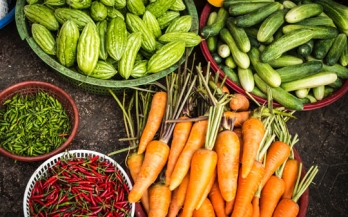
Effectiveness of an integrated programme to reduce maternal and child malnutrition in Indonesia
- 01/09/2017
The BADUTA Programme's objective was to reduce childhood stunting in the East Java province in Indonesia. This report presents findings from baseline and endline cross-sectional surveys conducted as part of an impact evaluation of the BADUTA Programme.
Process evaluation of Baduta program in Malang and Sidoarjo districts East Java Indonesia
- 01/07/2017
This report presents the results of a process evaluation that was conducted to measure the process and achievement of pathways to improve the implementation of Baduta program in improving the nutrition of children and pregnant mothers.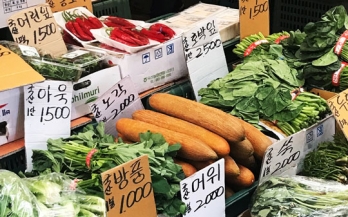
Unlocking funding for affordable nutrition
Singapore, Indonesia
Join panellists from DSM, GAIN, The Bill and Melinda Gates Foundation and Capital 4 Development in this discussion on how the private sector can contribute to reducing malnutrition and why they should do it.